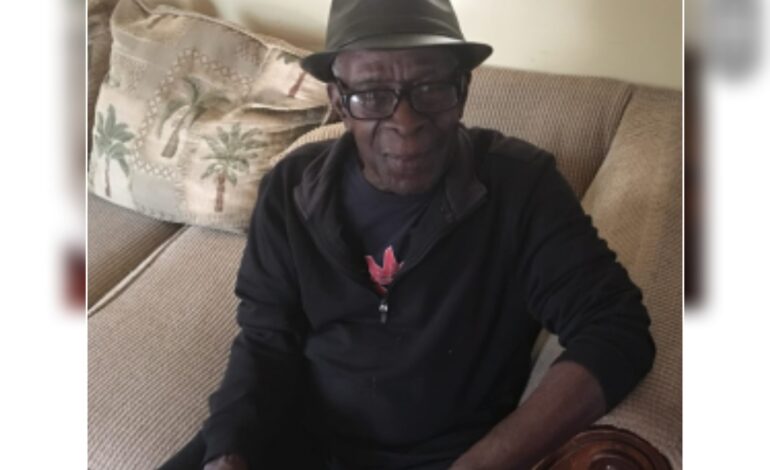
Migration is a complex phenomenon that has shaped societies for centuries. It’s a journey marked by challenges, triumphs, and the enduring human spirit. For many, like Sheldon Alfred, an architectural acoustics consultant and musician, the decision to migrate is often driven by a desire to expand horizons, acquire knowledge, and gain experiences that aren’t available in their home countries. However, the path is seldom straightforward and often involves facing social struggles that shape one’s identity and future decisions.
Sheldon Alfred’s story begins in Dominica, where his curiosity about architecture and how buildings are put together led him to pursue a building technology class in high school. Feeling that he had exhausted the educational opportunities available in Dominica, Sheldon moved to the United States to continue his studies in architecture at Morgan State University in Baltimore and later at Harvard University.
At Harvard, Sheldon encountered a turning point that would change his career path. A guest lecturer introduced him to architectural acoustics, a field that merges his passions for architecture and music. This “light bulb moment” ignited a new direction for Sheldon, but also placed him in a niche field that was largely unfamiliar to people, even within the architectural community.
Like many migrants, Sheldon faced social challenges upon moving to the United States. As a Black Caribbean man, he had to navigate the complexities of racial identity in a country with a deeply entrenched history of racism. Sheldon recounts feeling out of place at times, especially in predominantly white spaces where his presence was often met with surprise or skepticism. These experiences were compounded by the subtle and not-so-subtle micro-aggressions that are a common reality for many black individuals in America.
One particular incident illustrates the precarious nature of being a Black man in America. While out with friends, all of whom were Black Caribbean men, a drunk Caucasian woman mistakenly entered their vehicle. A police officer, who happened to be Black, quickly intervened and warned them about how the situation might be perceived. “He didn’t even know what happened,” Sheldon recalls. “He was just like, ‘Come on, guys,’ as if saying, ‘You should know better.'”
These moments of caution and hyper-awareness underscore the broader societal scrutiny that Black individuals often face in the United States, where even innocent situations can be misinterpreted, leading to dire consequences.
Despite the opportunities and experiences abroad, Sheldon eventually decided to return to Dominica. This decision was met with mixed reactions. Friends were supportive, but others questioned why he would leave behind a place like the United States, where his extensive education might afford him greater financial opportunities.
For Sheldon, the decision to return was about more than just career prospects. “I have a lot of roots, financial roots, musical roots, domestic roots, biological roots,” he explains. Returning to Dominica was about honouring these connections and laying the groundwork for future growth, both for himself and his community.
In Dominica, Sheldon is working to educate people about the value of architectural acoustics, a field that is still relatively unknown in the region. He hopes to make a difference by helping local builders and designers understand how acoustics can impact human comfort and well-being.
Sheldon’s journey highlights a common theme among many migrants who return to their home countries: the desire to give back. Having gained valuable knowledge and experiences abroad, Sheldon feels a sense of responsibility to contribute to the development of his home country. “I consult for firms in the United States, but my professional development mission is to allow people in Latin America and the Caribbean to learn about the field of acoustics and value it in design,” he says.
Returning home also allows Sheldon to reconnect with his roots and continue pursuing his passions. As a member of a local band, he finds fulfillment in creating music and sharing it with his community. “We are young men, and we haven’t reached the fullest of our potentials yet,” he says, emphasizing the importance of being present and active in his home country.
Sheldon Alfred’s story is a testament to the complexities of migration, the social struggles that come with adapting to new environments, and the deep-seated desire to give back to one’s home
country. It underscores the importance of education, resilience, and the pursuit of passions, even when faced with challenges. For many migrants like Sheldon, the journey is not just about leaving home but also about finding a way back and making a meaningful impact in the place that shaped them.
For more information contact Vynliz Dailey at vdailey@iom.int












